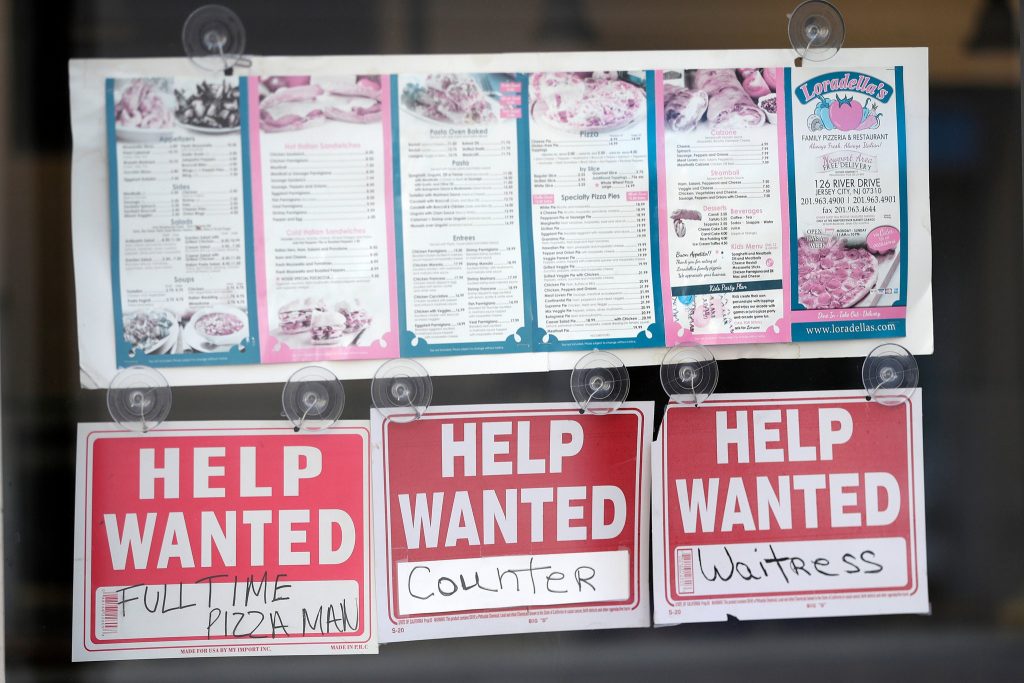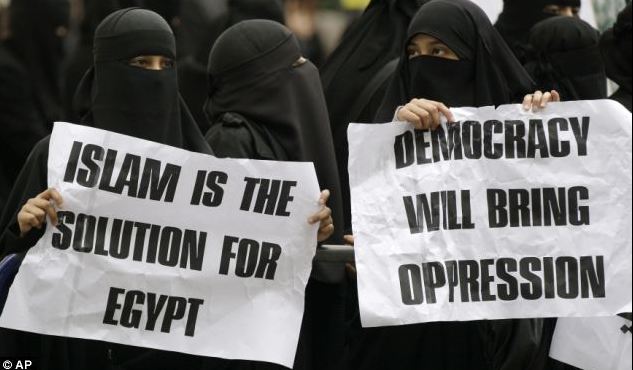Every time there is a major public shooting in the US, there is an outcry on Twitter and Facebook; It’s so easy! Can’t they see what the problem is? Just take the guns away! Don’t they care about their children? And then the laments; nothing will change. They don’t care. They are only worried about votes.
The reason nothing changes as a result of these Facebook tirades is that they consist of little but slogans. They don’t address the real problems, and consequently, offer no real solutions.
Take, for example, the claim there have been eighteen school shootings in the US this year. Even the Washington Post, no friend to Trump or the Republicans, has examined this claim and found it to be false. The group that compiles these figures uses as its definition of a school shooting “Any time a firearm discharges a live round inside a school building or on a school campus or grounds.” This has included, for example, when a man unrelated to the school committed suicide in his car hours after the school closed and the carpark was otherwise empty, or when a group of university students were at a meeting of a criminal justice club in Texas and a student accidentally fired a real gun rather than a training weapon. No one was injured. Or when a police officer’s gun accidentally discharged in a high-school carpark, again, injuring no one. In reality, eleven schools in the US since Columbine in 1999 have experienced mass shootings involving student fatalities.
Eleven mass shootings in schools in eighteen years is a horrendous figure. It indicates a problem that needs to be addressed. It does not need to be exaggerated.
Sadly, media reports seem to delight in sending the message that the US is a dangerous and unpredictable place to visit. Again, this is untrue. The US is not in the top ten countries in the world for gun related deaths, not counting active conflict zones. The US sits between eleventh and eighteenth, depending on whose figures you consider reliable. But this does not take into account that two thirds of firearm related deaths in the US are suicides. This figure is certainly a by-product of the easy availability of guns in the US, and of the quickness and deadliness of guns compared with other methods.
Of genuine gun murder victims, sixty percent are black males between the ages of fifteen and thirty-five. Black males in that age group also commit nearly fifty percent of all gun related murders, despite making up only about five percent of the population. Most fatal gun violence occurs in specific areas, and in specific racial groups. If you stay out of those areas; anywhere that has a long history of Democrat control, anywhere that has a high proportion of blacks or of illegal immigrants (I know you are not supposed to say these things, but they are true nonetheless) you are safer in the US than almost anywhere else in the world.
Mass shootings, though they are terrifying, in part because they are apparently random and feature loudly in headlines and news reports, account for only approximately one percent of all gun related murders.
Nor is the gun debate in the US a Democrat vs Republican conflict. At any time when Barack Obama was president and the Democrats controlled both the US Senate and Congress, they could have introduced stricter gun control measures. They did not. Incidentally, ninety percent of recent mass shootings in the US have been perpetrated by Democrat voters, including the most recent school shooting.
Is stricter gun control the answer? It is not clear that it is. One of the few safer places in the world than the US is Switzerland. More than thirty percent of adult Swiss own a gun, a rate higher than the US (statistics showing much higher rates of gun ownership in the US are based on the number of weapons vs the population, but this ignores the fact that many US gun owners own multiple guns) and yet at 0.6 per 100.000, Switzerland has one of the lowest rates of gun related homicide. In addition, some parts of the US where it is difficult to buy a gun legally also have the highest rates of gun related homicide, while some states and cities where open carry is permitted have amongst the lowest rates.
Are gun-free zones the answer? Definitely not! Ninety-six percent of recent mass shootings have taken place in areas in which guns were banned. Designating an area as a gun-free zone, whether a school, a club or a public event, does nothing except advertise to potential murderers that they will have anywhere from five to fifteen minutes of uninterrupted killing before anyone arrives who has the capacity to stop them.
Are the latest mass shootings President Trump’s fault? It is hard to see how when there has been no increase in gun related deaths including mass shootings during his term, and such a high proportion of gun deaths are perpetrated by Democrat voters and in Democrat controlled cities. It is true he and Congress declined to enact a regulation proposed by President Obama which restricted gun ownership for anyone receiving a government benefit who had been treated for a mental illness. This regulation was resisted strongly by the ACLU (no friend to the Republicans) and by mental health advocates.
One fifth of the population will receive treatment for mental illness during their lifetime, and despite Facebook posts to the contrary, and media and police reports claiming almost every example of Islamist violence as evidence of mental illness (a gross injustice to the genuinely mentally ill, just as describing muslim rape gangs as Asian rape gangs is a gross injustice to Asians) there is no correlation between receiving treatment for mental illness and an increased likeliness of committing violent gun crime. So no, recent mass shootings cannot be blamed on President Trump.
Another claim that is sometimes made is that Australia has solved the problem of mass shootings by a massive buy-back of weapons, and imposing restrictions on what weapons can be privately owned. In reality, Australia had so few mass shootings before those controls were introduced that it is impossible to draw any valid conclusions about their impact on the rate of mass shootings, while the rate of gun ownership has now increased to pre-buyback levels, and the rate of violent crime overall has not changed. In other words, Australia cannot be used as an example, and even if it were, it would not be a very good one.
In addition, it is clear that if access to guns is made more difficult, those determined to commit mass murder will still find ways to do so, for example using improvised explosive devices or vehicles, sometimes with devastating results, as has been seen in the last year in the US, Europe and Australia.
Let’s review.
Increased gun ownership leads to an increase in completed suicides. Increased gun ownership in itself does not seem to lead to a higher rate of violent crime or murder. Those are much better correlated with drug abuse, gang membership, illegal immigration and some racial and religious groups. There is no realistic prospect of enacting legislation which restricts gun ownership in those areas or to those groups, or even of having a sensible discussion which takes those factors into account. Does that mean nothing can be done? No.
The largest group of firearm related deaths are suicides. A person determined to commit suicide will find a way to do so, but removing or even delaying access to guns will help to prevent impulses to suicide becoming completed suicides. People seeking treatment for depression or presenting as depressed should be asked if they have firearms at home, advised of the risk, and asked to consider other arrangements for safe-keeping. If acceptable to the patient, options should be discussed with family or close friends who should also be made aware of the risk to the patient of easy access to a firearm.
The second largest group of gun deaths and by far the largest group of murders are young black males in urban areas. Most of these deaths are related to drug use or gang conflicts, or incidental to the commission of petty crimes. Many of the areas in which these deaths occur already have strict gun controls in place. It is not clear that more laws is the answer. Instead, communities in which there is a high level of crime and violence need to take responsibility to reduce the level of crime and violence amongst their members, and to encourage positive relationships with law enforcement. Existing laws relating to drug use, gang membership and firearm ownership need to be enforced, with no excuses about no-go areas or about ethnic or gang violence being of less concern than other forms of crime.
Mass shootings and mass murders of any kind are extremely difficult to predict. But there are levels at which any community or group can be prepared. As a first step, put an end to the madness of gun-free zones. Nothing could be a more effective advertisement that a location or event is a soft and easy target.
Armed guards should be present any school at which parents and community agree that this is desirable. We take for granted that politicians and celebrities should have armed protection, and we are used to armed guards at banks and jewellery stores. Are children less deserving of protection? It is simply silly to say we should not have to do this. Of course we shouldn’t, but that is naïve and irrelevant. We do have to, just as we have to lock our doors and watch out for shop lifters and not leave our phones lying around. Having an armed and trained person on site means a response to violence or threats of violence in seconds rather than minutes. More importantly, it is a powerful disincentive. Either way, it saves lives.
There is one way in which a change to gun regulations would help. The recent school shooting was committed by someone about whom law enforcement had had more than one credible warning, and yet he was able to acquire a semi-automatic sports rifle capable of firing a two rounds every three seconds. That is simply absurd. People who have made threats about committing mass violence should not be permitted to acquire weapons legally. They will still be able to acquire them illegally, and they will still be able to plan and carry out murders using other means – vehicles, for example, or easily made aerosol poisons such as ricin, or IEDs. But difficulties in obtaining weapons legally may at least slow them down, and give law enforcement more time to track and apprehend them.
Gun control will reduce the number of peaceful, law abiding people who own weapons. There is no evidence it will stop mass murders or gangland violence. You cannot stop evil people planning and doing evil things. You can make it more difficult for them by restricting legal access to weapons for people with criminal records or who have made threats of violence, you can respond more quickly and more effectively, and you can ensure punishments are severe enough to act as a deterrent. These are the strategies that reduce the number of gun deaths.





